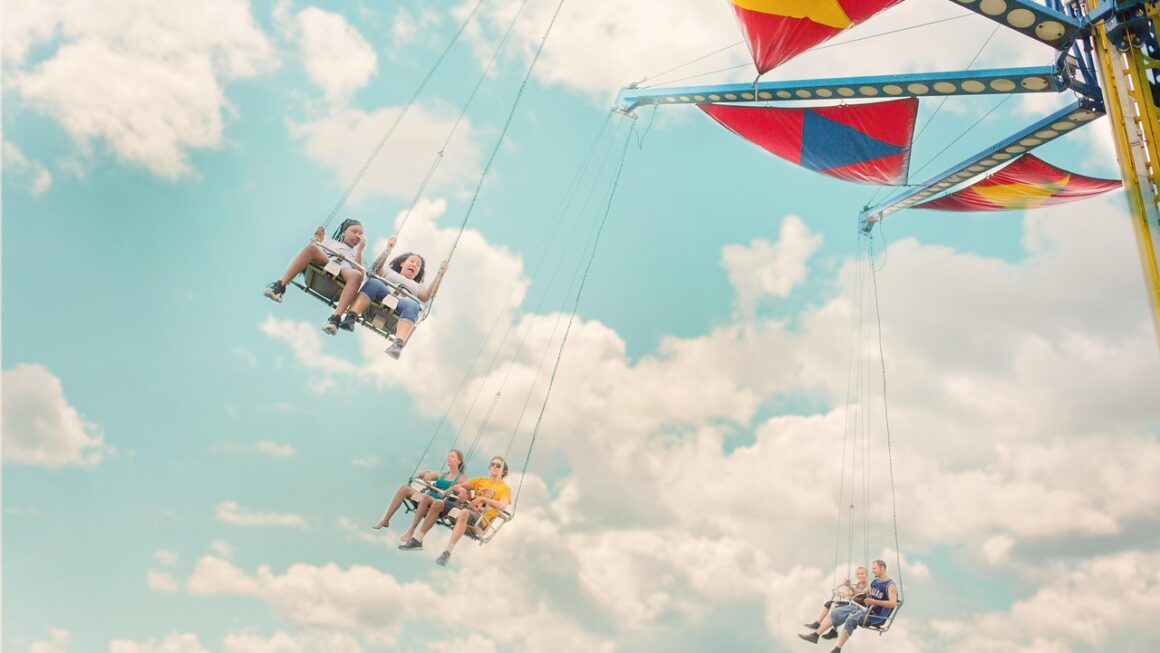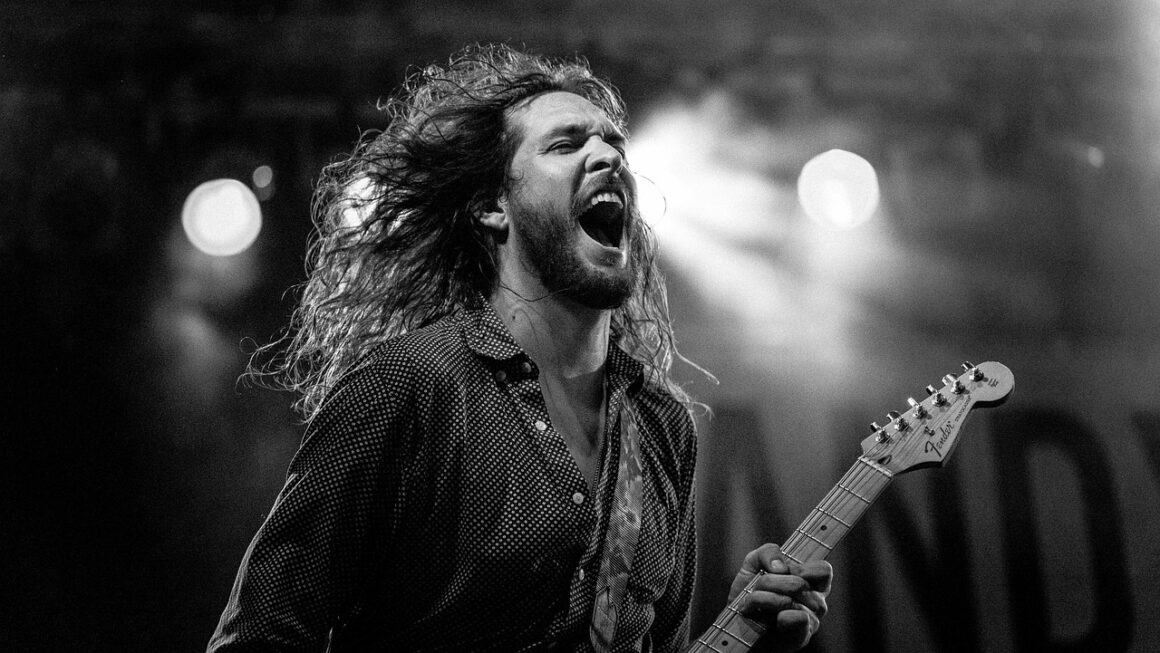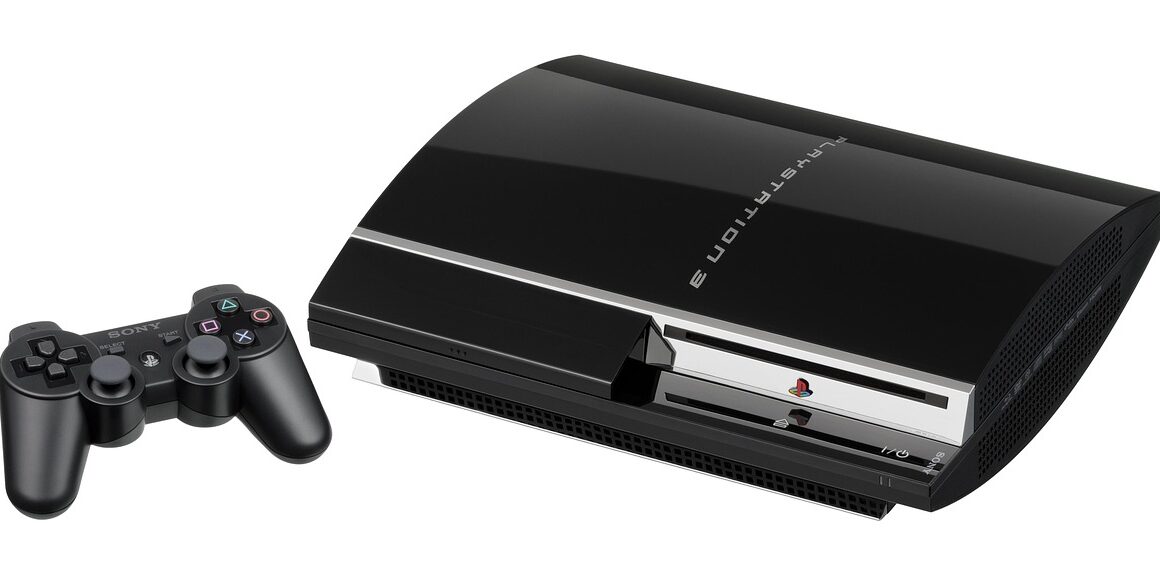Comedy shows offer a unique escape from the everyday, providing laughter, entertainment, and a sense of shared experience. Whether you’re a seasoned comedy aficionado or new to the scene, understanding the different types of shows, what to expect, and how to make the most of your experience can elevate your enjoyment. This guide delves into the world of comedy shows, offering valuable insights for both audiences and aspiring comedians.
Exploring Different Types of Comedy Shows
The world of comedy is diverse, offering a range of styles to suit every taste. Knowing the different types of shows available can help you find the perfect night of laughter.
Stand-Up Comedy
- Description: Stand-up comedy features a single comedian performing jokes, stories, and observations directly to the audience.
- Formats:
Open Mic Nights: Amateur comedians test their material; often free or low-cost. Example: Many comedy clubs host open mic nights on weeknights, providing a platform for up-and-coming talent.
Featured Sets: Established comedians perform 15-30 minute sets.
Headlining Shows: A well-known comedian performs a longer set, often 60-90 minutes. Example: Seeing a headliner at a large comedy club or theater.
- Key Elements: Joke structure, delivery, stage presence, and audience interaction.
Improv Comedy
- Description: Improv comedy is unscripted and spontaneous, relying on audience suggestions to create scenes and stories.
- Formats:
Short-Form Improv: Games and scenes based on audience prompts. Example: “Whose Line Is It Anyway?” is a well-known example.
Long-Form Improv: Longer, more narrative-driven scenes that evolve organically. Example: Harold, a long-form structure that builds a connected series of scenes.
- Key Elements: Quick thinking, collaboration, active listening, and commitment to the scene.
Sketch Comedy
- Description: Sketch comedy features pre-written scenes performed by a group of comedians.
- Formats:
Live Sketch Shows: A series of short, comedic skits performed on stage. Example: “Saturday Night Live” is a famous sketch comedy show.
Video Sketches: Short, comedic videos often shared online. Example: Key & Peele’s popular YouTube sketches.
- Key Elements: Writing, acting, timing, and character work.
Alternative Comedy
- Description: This category encompasses comedy that pushes boundaries and experiments with different formats.
- Formats:
Character Comedy: Performers adopt distinct characters and improvise within that role. Example: Andy Kaufman’s Tony Clifton character.
Musical Comedy: Comedy that incorporates music and song. Example: Flight of the Conchords.
Storytelling Comedy: Comedians share personal stories with comedic elements. Example: Mike Birbiglia’s one-man shows.
- Key Elements: Originality, creativity, risk-taking, and subversion of expectations.
Finding Comedy Shows Near You
Discovering local comedy shows is easier than ever, thanks to online resources and community events.
Online Resources
- Comedy Club Websites: Most comedy clubs have websites or social media pages listing upcoming shows.
- Ticketing Platforms: Websites like Eventbrite, Ticketmaster, and Goldstar often feature comedy events.
- Local Event Listings: Check local newspapers, magazines, and community websites for comedy show listings.
- Social Media: Follow local comedy clubs and comedians on social media for updates and announcements.
Networking and Word-of-Mouth
- Attend Open Mic Nights: Open mics are a great way to discover new talent and find out about other shows in the area.
- Talk to Local Comedians: Comedians often know about smaller, less-publicized shows.
- Join Comedy Communities: Online forums and social media groups dedicated to comedy can provide valuable information.
Practical Tips for Finding Shows
- Use search terms like: “[Your City] comedy shows,” “[Your City] open mic night,” or “[Your City] improv comedy.”
- Filter by date and time: Narrow your search to find shows that fit your schedule.
- Read reviews: See what other people have to say about the comedians and the venue.
Attending a Comedy Show: What to Expect
Knowing what to expect at a comedy show can help you relax and enjoy the experience.
Venue Etiquette
- Arrive on Time: Arriving late can be disruptive to the performers and other audience members.
- Turn Off Your Phone: Unless instructed otherwise, silence your phone and avoid using it during the show.
- Be Respectful: Avoid talking, heckling, or otherwise disrupting the performance.
- Engage Appropriately: Laugh, clap, and show appreciation for the comedians, but avoid being overly loud or obnoxious.
- Tip the Staff: If you’re ordering drinks or food, be sure to tip the staff appropriately.
Understanding Show Formats
- Opener: A comedian who performs before the headliner, typically for 15-30 minutes.
- MC/Host: The person who introduces the comedians and keeps the show moving.
- Headliner: The main comedian, who performs the longest set.
- Encore: Some headliners may perform an encore if the audience is particularly enthusiastic.
What to Bring
- Tickets (if required): Check whether physical or digital tickets are needed.
- Cash/Card: For drinks, food, or merchandise.
- A Sense of Humor: Be open to new experiences and willing to laugh.
Becoming a Comedian: Getting Started
If you’re interested in trying your hand at comedy, here’s how to get started.
Writing and Developing Material
- Keep a Joke Journal: Write down funny thoughts, observations, and experiences.
- Find Your Voice: Develop a unique comedic perspective that reflects your personality and interests.
- Practice Writing: Write jokes, stories, and bits regularly.
- Edit Ruthlessly: Cut out anything that isn’t funny or doesn’t fit your style.
Performing and Practicing
- Start with Open Mic Nights: Open mics are a low-pressure way to test your material and get feedback.
- Record Your Sets: Watch the recordings to identify areas for improvement.
- Practice Your Delivery: Work on your timing, pacing, and stage presence.
- Get Feedback: Ask other comedians for constructive criticism.
Building a Comedy Career
- Network with Other Comedians: Attend comedy shows and events to meet and connect with other performers.
- Create a Website or Social Media Presence: Promote your shows and build a following.
- Submit to Comedy Festivals and Competitions: Gain exposure and recognition.
- Be Persistent: Comedy is a challenging career, so be prepared to work hard and persevere through setbacks.
Conclusion
Comedy shows offer a wide range of entertainment options, from stand-up and improv to sketch and alternative comedy. Whether you’re looking for a night out with friends or a way to discover new talent, understanding the different types of shows and what to expect can enhance your experience. And if you’re aspiring to be a comedian, remember to write, practice, and network your way to success. So, go out there, find a comedy show that suits your taste, and get ready to laugh!




